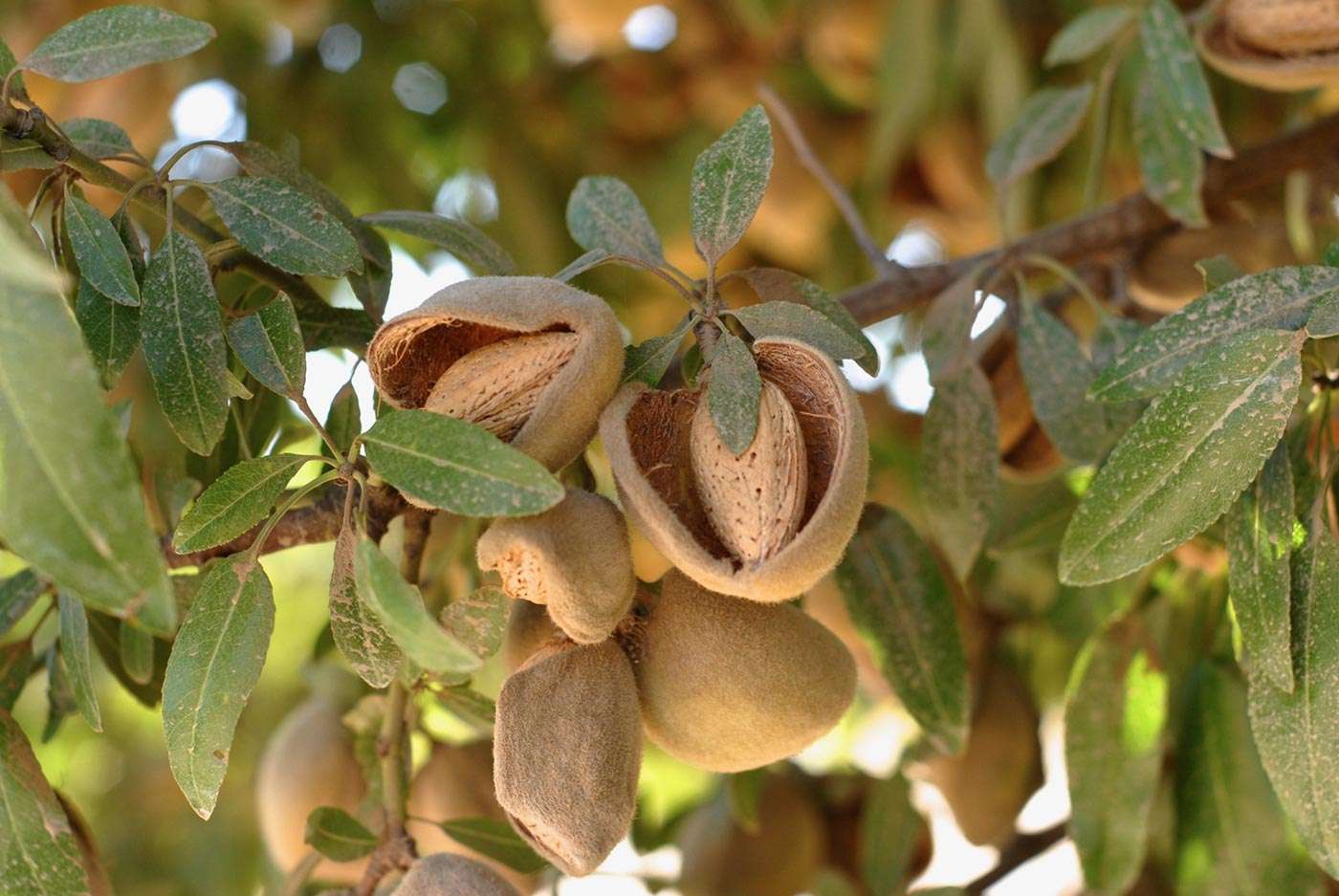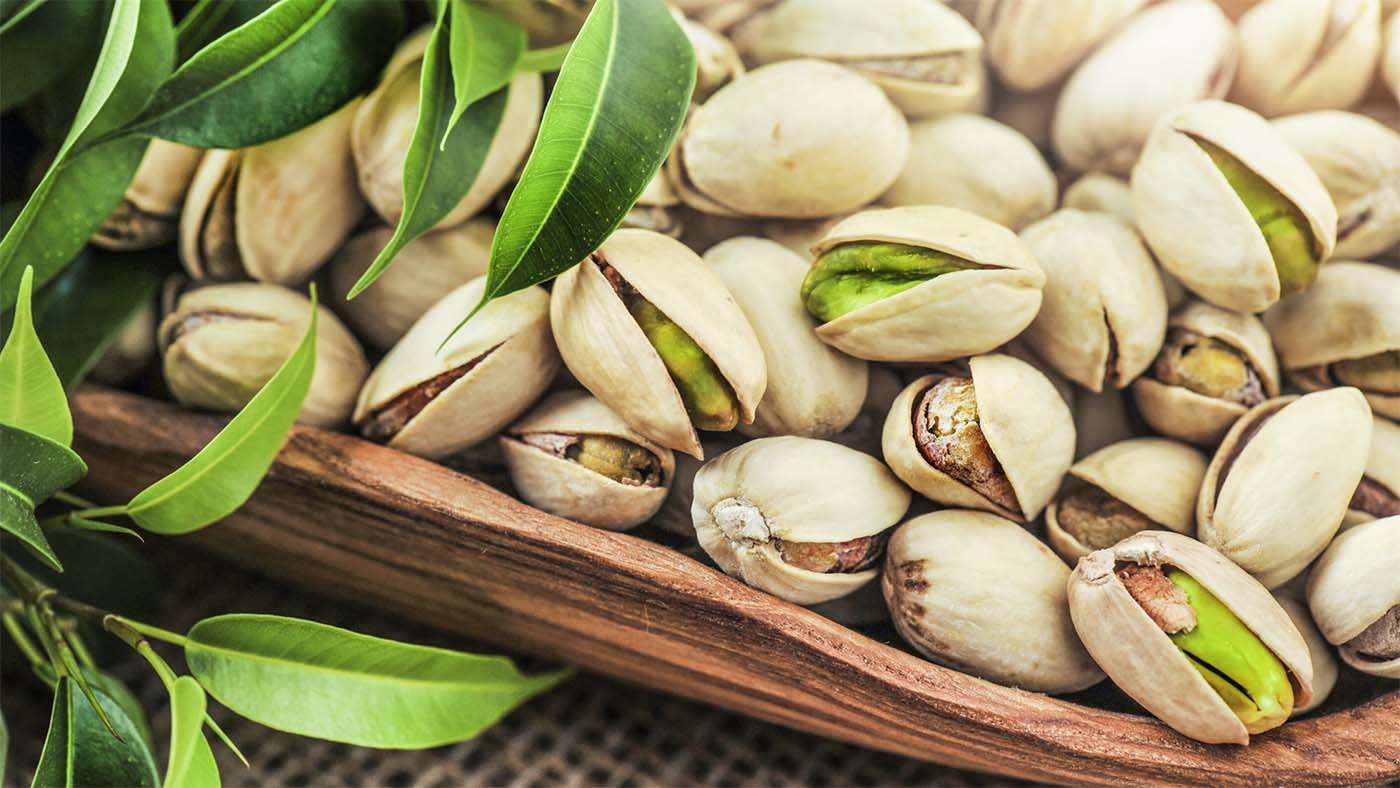Nutrients from Cashew Nuts
Nutrients from Cashew Nuts
Nuts and seeds are considered antioxidant powerhouses, and cashews are same. More than that, cashews are low in sugar and rich in fiber, rich in heart-healthy fats, and plant protein. Cashew are also a good source of copper, magnesium, and manganese... nutrients important for energy production, brain health, immunity, and bone health.
A tropical cashew tree native to Brazil but now cultivated in various warm climates across the world. Africa and India are the largest cashew nut producers today.
Cashew nut is shaped like a kidney, it is not inside the fruit, it develops at the top of the cashew fruit. Raw cashews are widely available. But you should know raw cashews are really not safe to eat, they contain a substance called urushiol which is toxic, when you touch it can cause a reaction on the skin. Cashews need to be cooked to eat safely. In processing, this toxic liquid will certainly be removed.
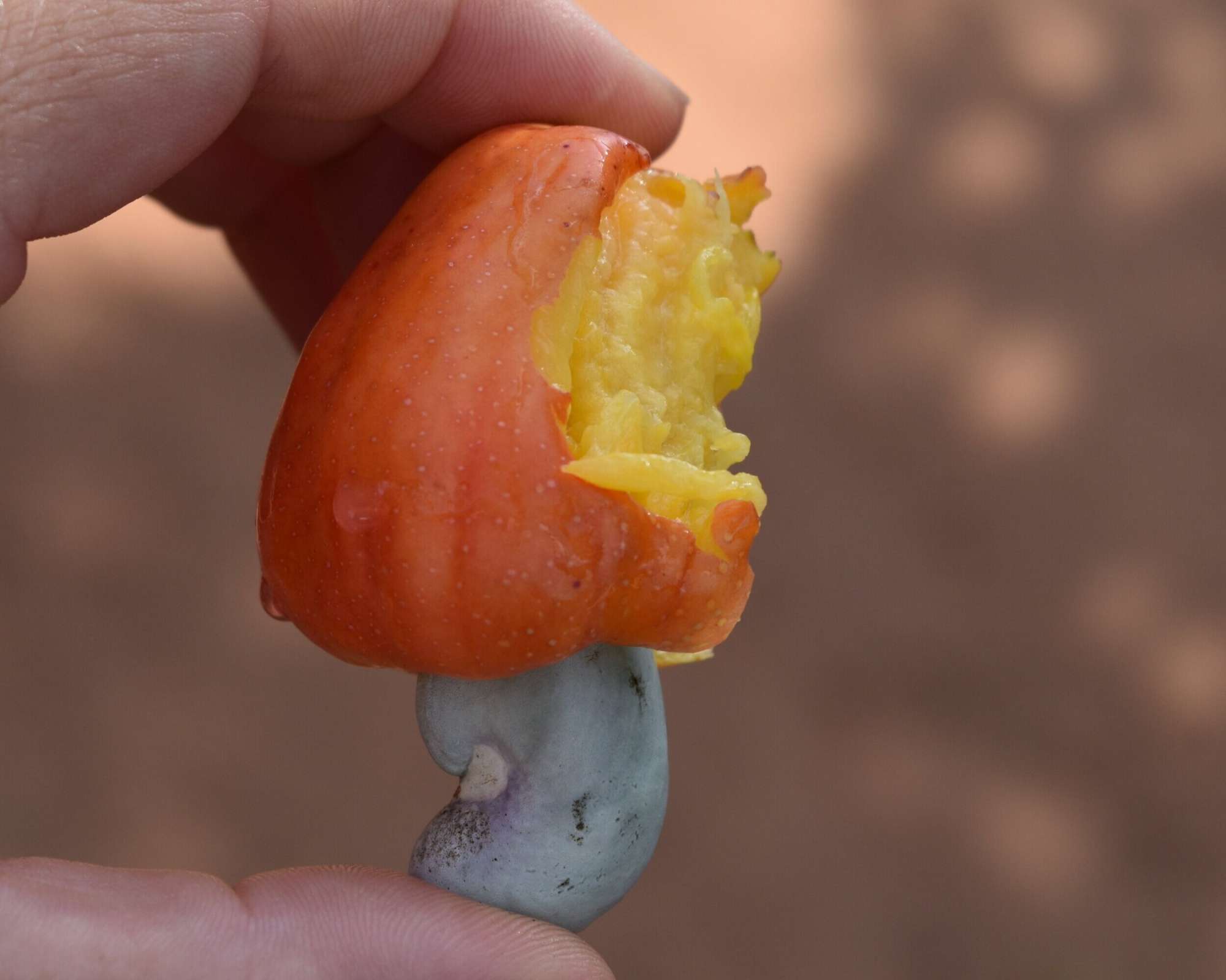
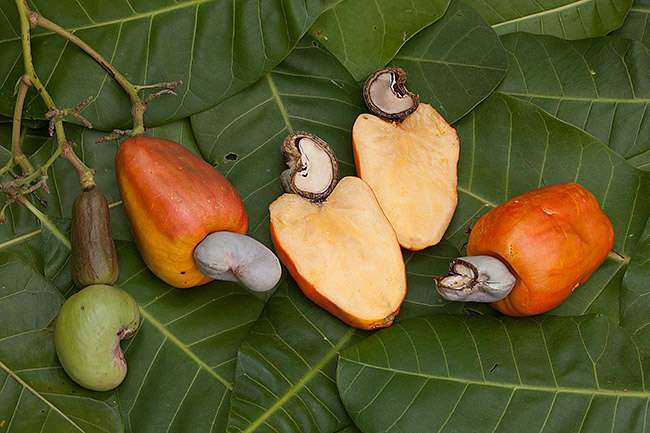
Cashews are rich in nutrients and beneficial plant compounds that improve your overall health. And due to the special taste, cashew nuts are easily selected to be added into many dishes. More recently, cashews have been used to make milk substitutes, such as cashew milk, cashew cheese and cashew cream sauces and sour cream.

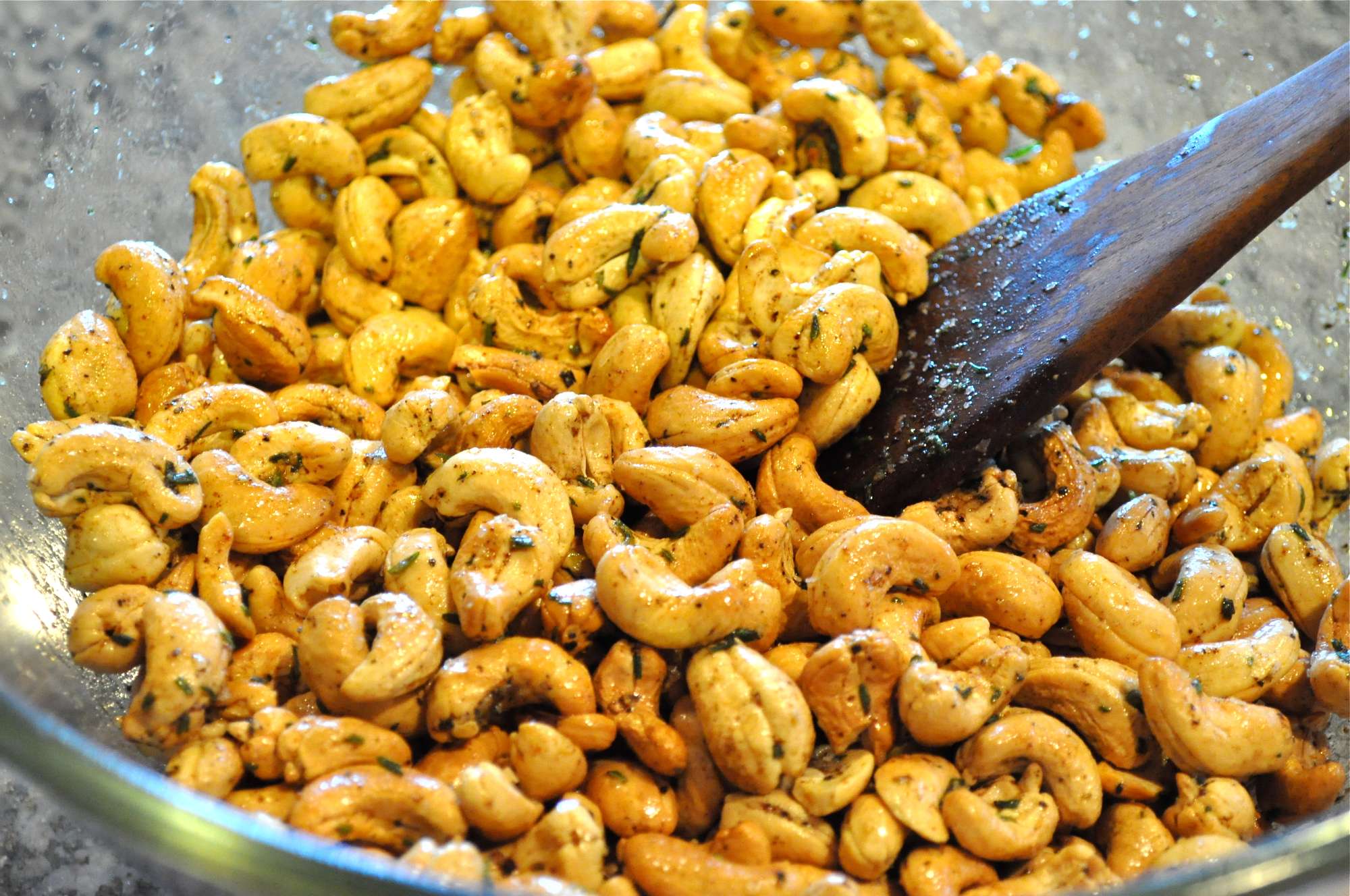
CASHEWS ARE RICH IN A RANGE OF NUTRIENTS
With 28grams of unroasted, unsalted cashews provides around: Calories: 157, Protein: 5grams, Fat: 12grams, Carbs: 9grams, Fiber: 1gram, Copper: 67% of the Daily Value (DV), Magnesium: 20% of the DV, Manganese: 20% of the DV, Zinc: 15% of the DV, Phosphorus: 13% of the DV, Iron: 11% of the DV, Selenium: 10% of the DV, Thiamine: 10% of the DV, Vitamin K: 8% of the DV, Vitamin B6: 7% of the DV
Cashews are especially rich in unsaturated fats, a category of fats linked to a lower risk of premature death and heart disease.
Cashews are also low in sugar, a source of fiber, and contain almost the same amount of protein as an equivalent quantity of cooked meat.
In addition, cashews contain a significant amount of copper, a mineral essential for energy production, healthy brain development, and a strong immune system. Cashews are a great source of magnesium and manganese, nutrients important for bone health.
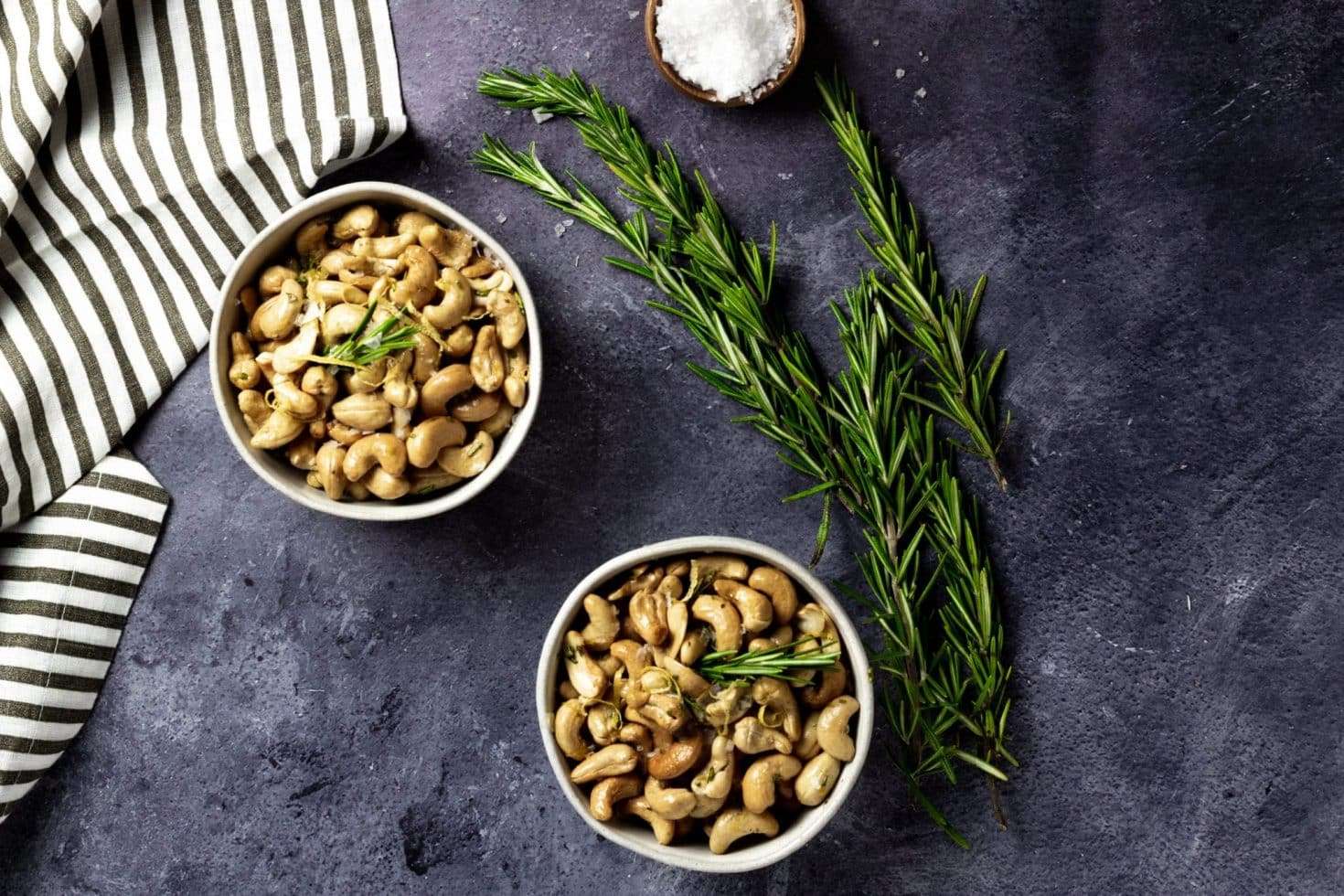
BENEFICIAL PLANT COMPOUNDS
Cashews are a rich source of polyphenols and carotenoids, these two classes of antioxidants are beneficial plant compounds that keep your body healthy by neutralizing damage-causing molecules known as free radicals. This helps reduce inflammation and increases your body’s ability to stay healthy and free from disease. Roasted cashews have an increased antioxidant activity compared with raw cashews.
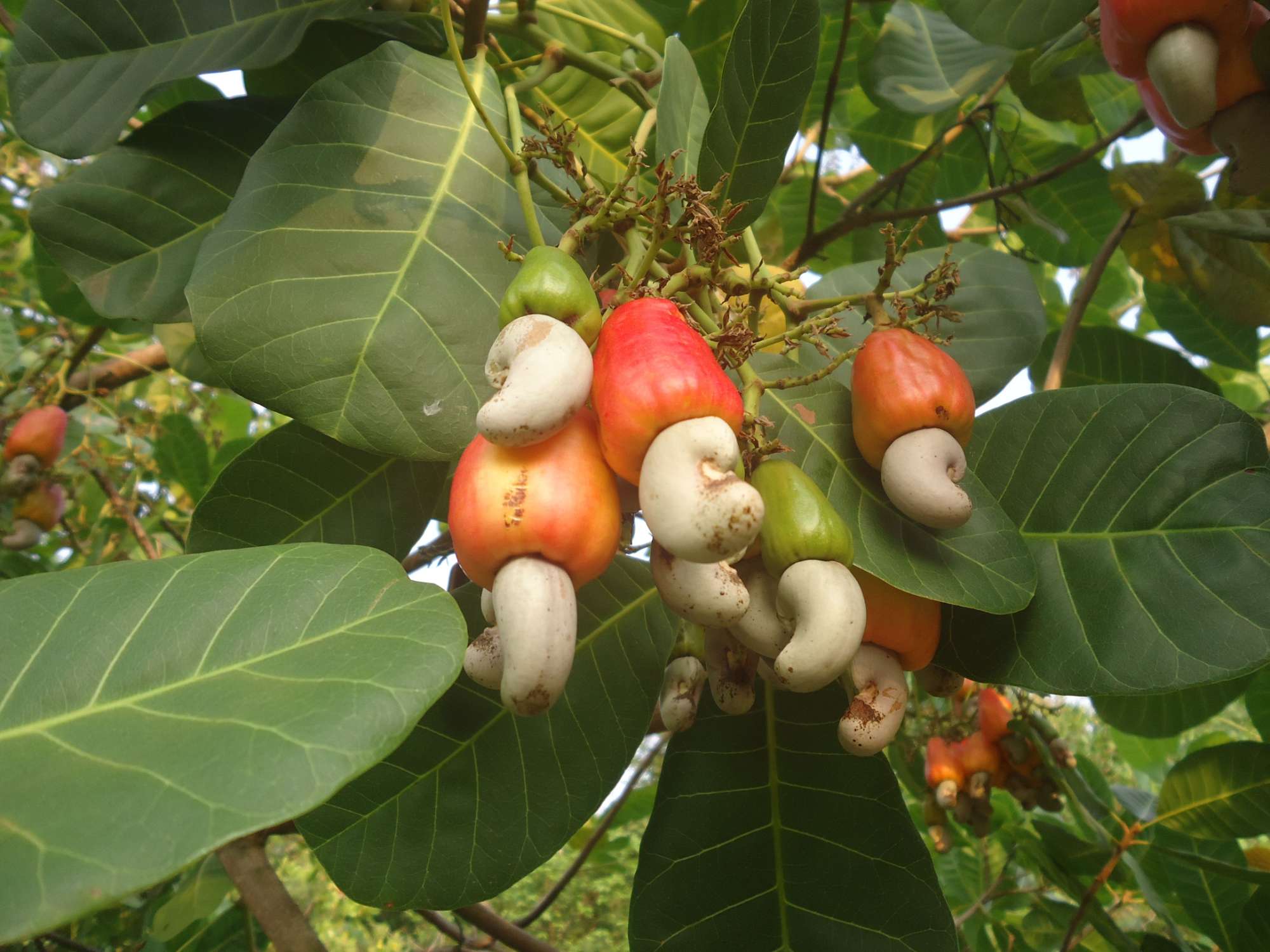
HOW MANY CASHEWS CAN BE EATEN A DAY?
Nutritionists suggest that you do not eat too many cashews a day because of its hot nature. Therefore, each day you should only get about 30grs of cashews, equivalent to 16 to 18 nuts to provide a source of fat and protein for your body. To avoid getting hot, you should split up no more than ten seeds at a time.
The fat in cashews increases good cholesterol and lowers bad cholesterol. Cashews keep you full for a long time, but they also provide a lot of energy. Therefore, you should only eat about 5 to 8 cashews per day for proper weight management, avoiding weight gain.
Besides, depending on health status, age, and gender, the amount of cashews that can be eaten will be different for each person. For example, an adult can eat 3 to 4 times a week. Meanwhile, children under 10 years old should only eat once or twice a week to avoid heat and indigestion.

HEALTHY BENEFITS OF CASHEWS
May improve heart health
A few studies have focused on the specific heart health benefits of cashews. Diets rich in nuts, including cashews, have been consistently linked to a lower risk of disease, such as stroke and heart disease.
The monounsaturated and polyunsaturated fatty acids found in cashews can help decrease LDL cholesterol and triglyceride levels. This reduces the risk of cardiovascular disease, stroke, and heart attack.
In addition to lowering rates of LDL cholesterol, cashews may help to prevent heart disease due to cashews are a good source of magnesium, which plays an important role in over 300 enzymatic reactions within the body. Proper magnesium intake may reduce the risk of ischemic heart disease, which often occurs when the heart does not receive enough blood. These include the metabolism of food and synthesis of fatty acids and proteins.
Magnesium is also involved in muscle relaxation and neuromuscular transmission and activity.
Magnesium deficiency, prevalent in older populations, is linked to insulin resistance, metabolic syndrome, coronary heart disease and osteoporosis. Several studies have found that a high intake of calcium without sufficient magnesium could increase the risk of arterial calcification and cardiovascular disease, as well as kidney stones.
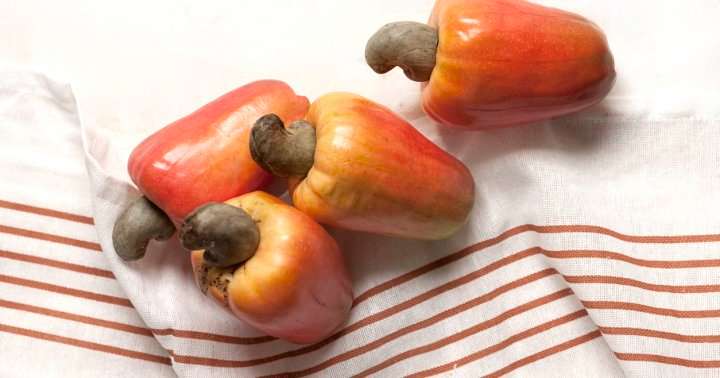
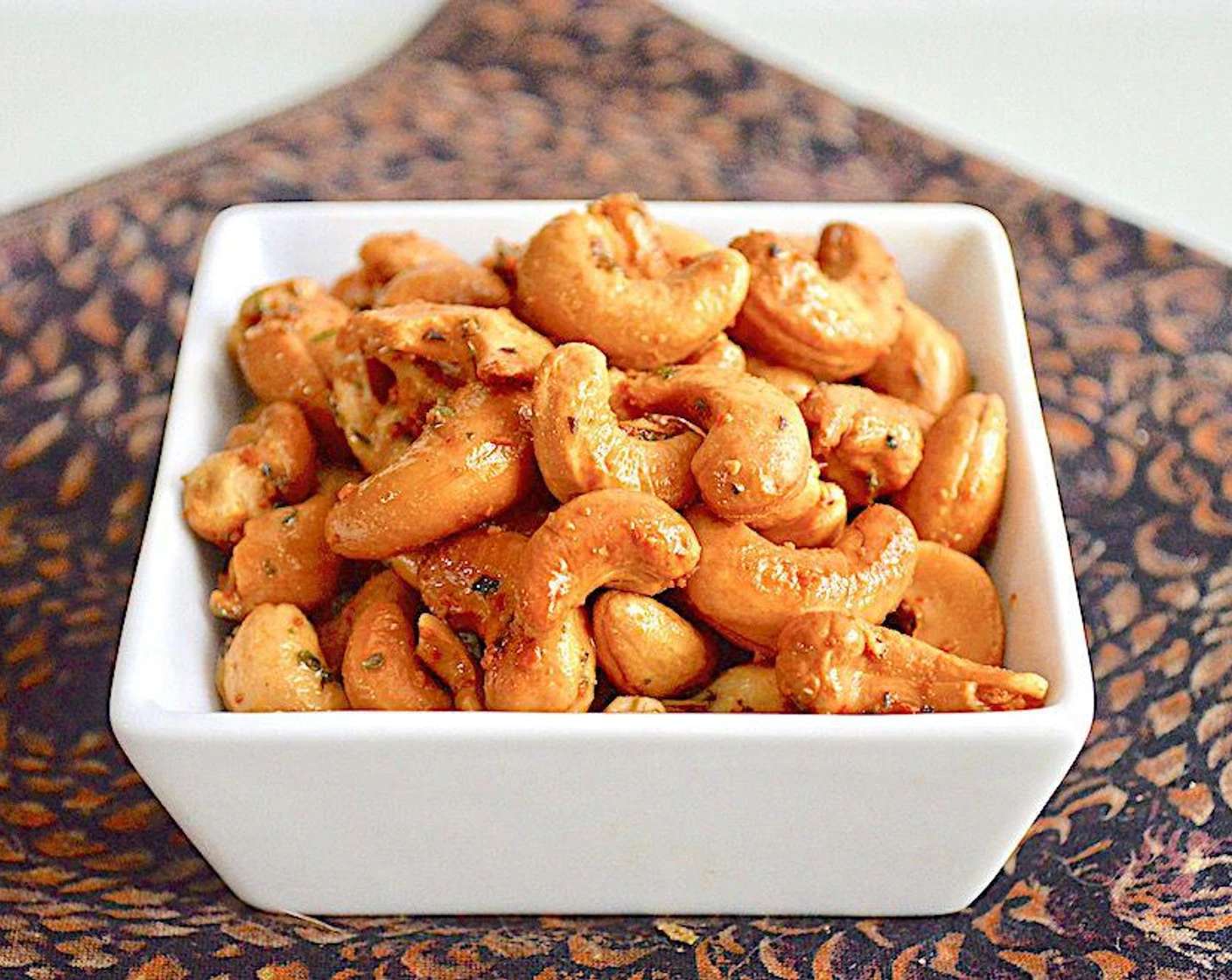
Diabetes Prevention or Management
Cashews are low in sugar and rich in fiber, these two factors which, when combined, may help reduce blood sugar levels and protect against the development of type 2 diabetes.
Cashews are low in carbohydrates, it only contain 8grams of net carbs per serving, of which less than 2grams come from sugars, and especially as compared to other common snacks. This limits impact on blood sugar. Plus, cashews are also a good source of fiber, a nutrient that helps prevent blood sugar spikes, which is believed to offer protection against type 2 diabetes. So that, cashews are considered as a great option for those with type 2 diabetes, as well as those looking to prevent the condition.
Although studies looking at the effects of cashews on blood sugar levels are limited. However, in one study, people with type 2 diabetes who ate 10% of their daily calories from cashews had overall lower insulin levels - a marker of blood sugar control, than those who ate no cashews at all.
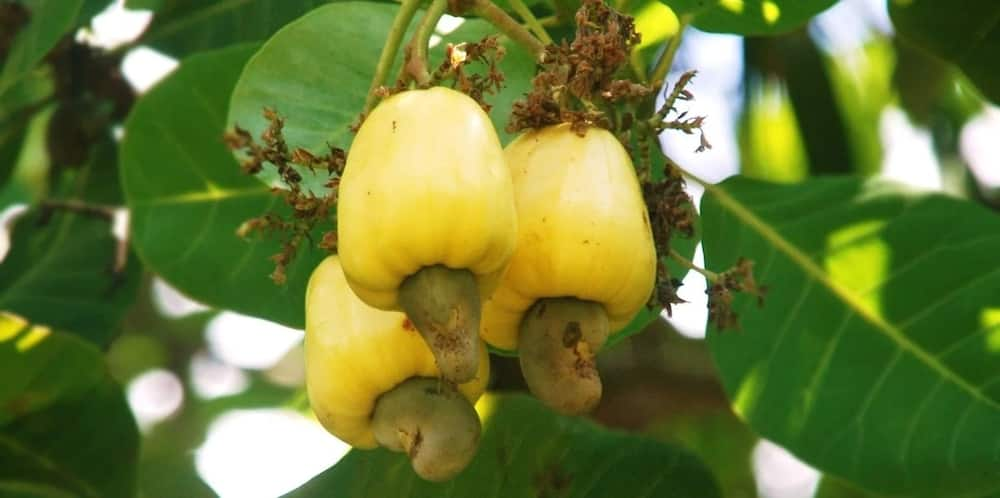
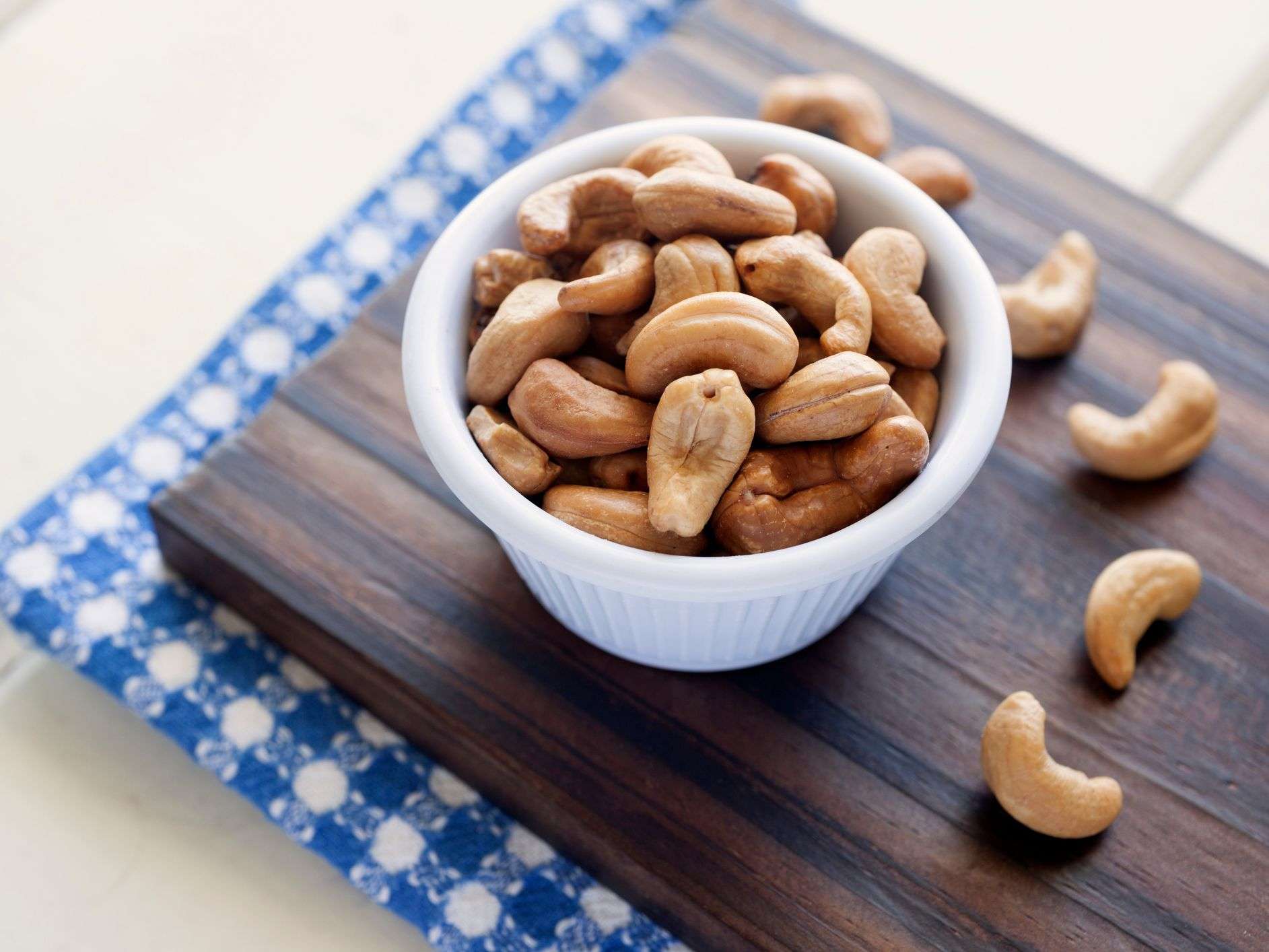
Improve bone health
Cashews are one of the few food sources that are high in copper. One ounce of cashews contains 622 micrograms of copper. For adults aged 19 years and over, the recommended intake for copper each day is 900 micrograms.
Severe copper deficiency is associated with lower bone mineral density and an increased risk of osteoporosis. More research is needed, however, on the effects of marginal copper deficiency and the potential benefits of copper supplementation for prevention and management of osteoporosis.
Copper also plays an important role in the maintenance of collagen and elastin, major structural components of our bodies. Without sufficient copper, the body cannot replace damaged connective tissue or the collagen that makes up the scaffolding for bone. This can lead to a range of problems, including joint dysfunction as bodily tissues begin to break down.
The magnesium in cashews is also important for bone formation as it helps with the assimilation of calcium into the bone. Manganese, another mineral in cashews, has been shown to prevent osteoporosis in combination with calcium and copper.
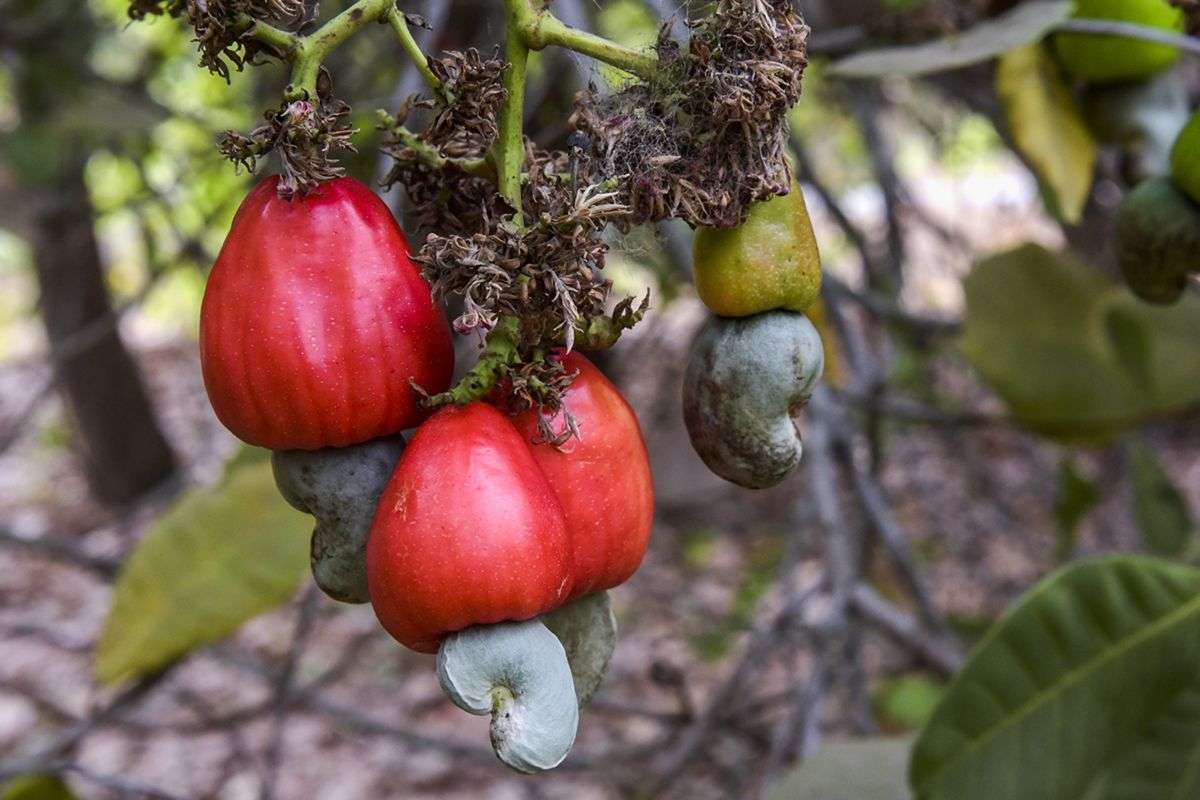
RISKS FROM CASHEWS
Cashews contain fat, but these are mostly unsaturated fats, which are healthful in moderate quantities.
Truly raw cashews are not safe to eat, as they contain a substance known as urushiol, found in poison ivy. Urushiol is toxic, and contact with it can trigger a skin reaction in some people.
Depending on the brand, salted and roasted cashews can contain high levels of salt and fat, which may not be healthful. It is best to check the label first and consume these nuts in small quantities.
People who have a nut allergy should avoid cashews, as they contain potent allergens that can lead to reactions, including life-threatening anaphylactic shock.
Overall, it is better to eat a diet with variety than to concentrate on individual foods as the key to good health.
Compiled and penned by Crocus Media
Products
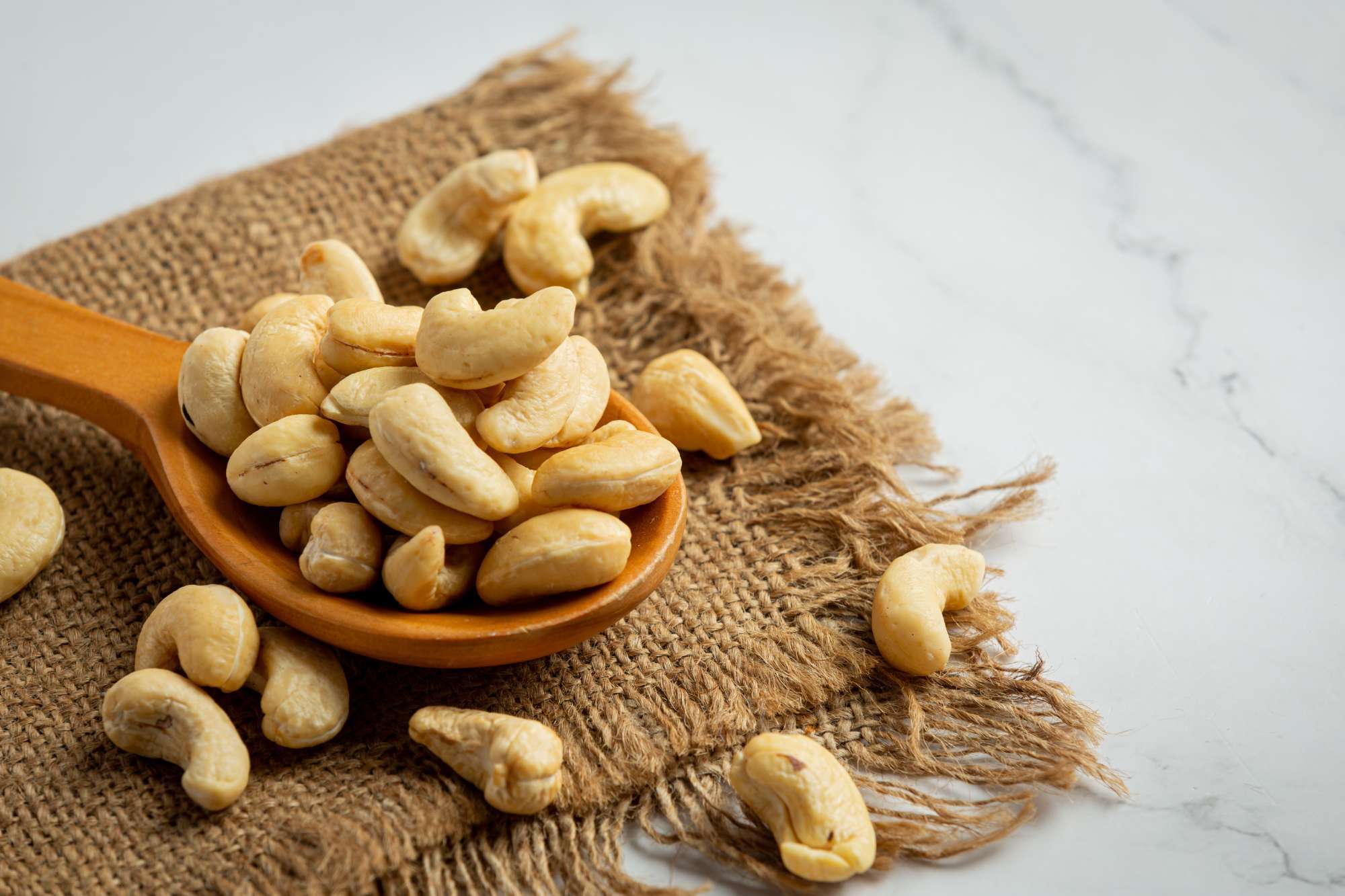
Cashew
Cashew Nuts contain a lot of vitamins, minerals and antioxidants such as vitamin E, vitamin K, vitamin B6, copper, phosphorus, zinc, magnesium, iron and selenium. Despite being rich in nutrients, cashews are slightly lower in fat than most other nuts.
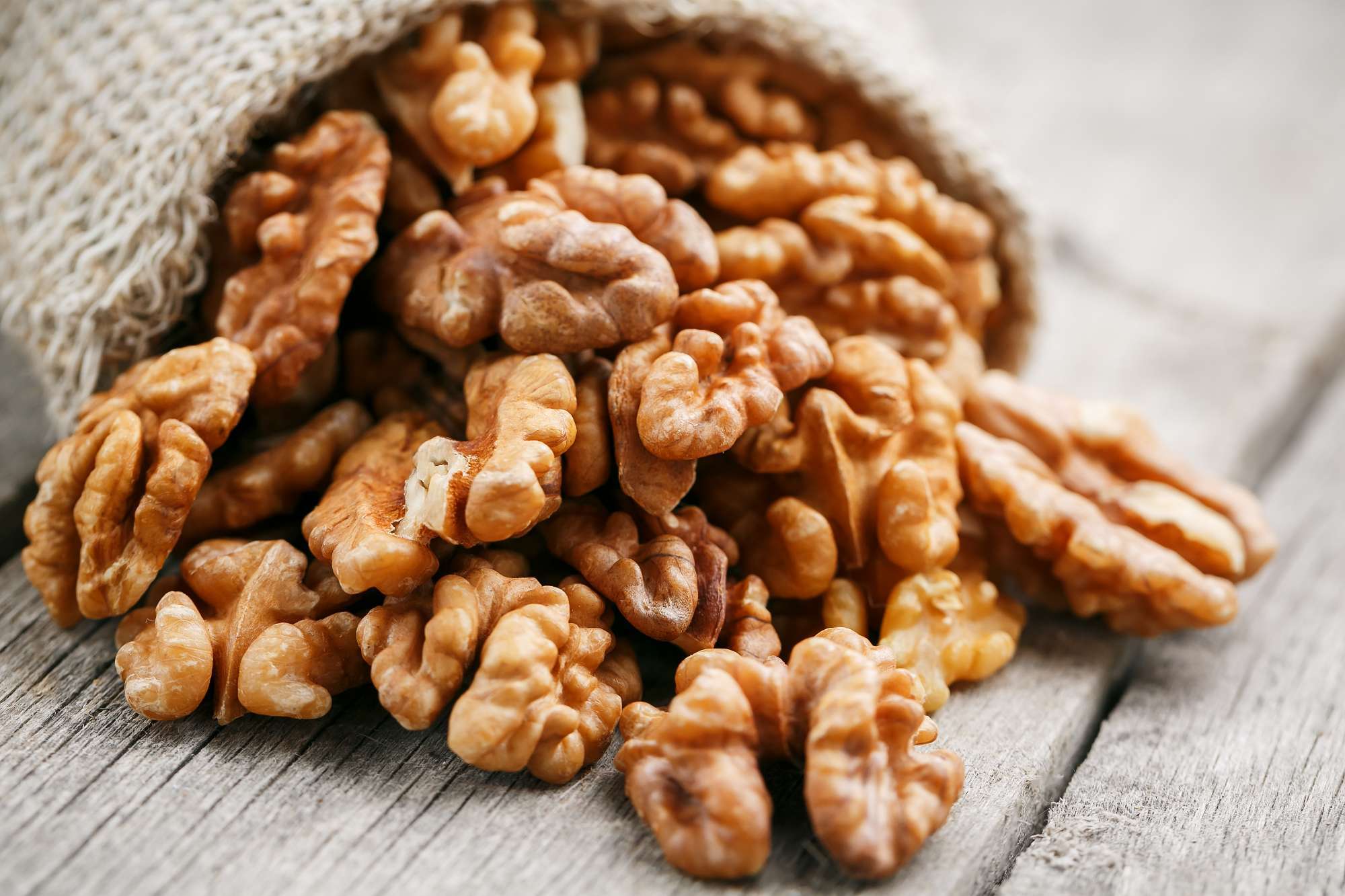
Walnut
Walnuts are increasingly being used as a product to help improve brain health, prevent heart disease and cancer. Walnuts are made up of about 65% fat and 15% protein, are low in carbs and most of them fiber. Although the shells are slightly bitter, walnuts have a mild, earthy and tangy taste.
.jpg)
